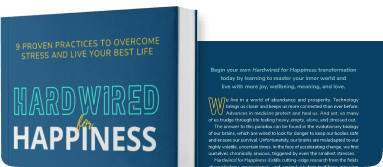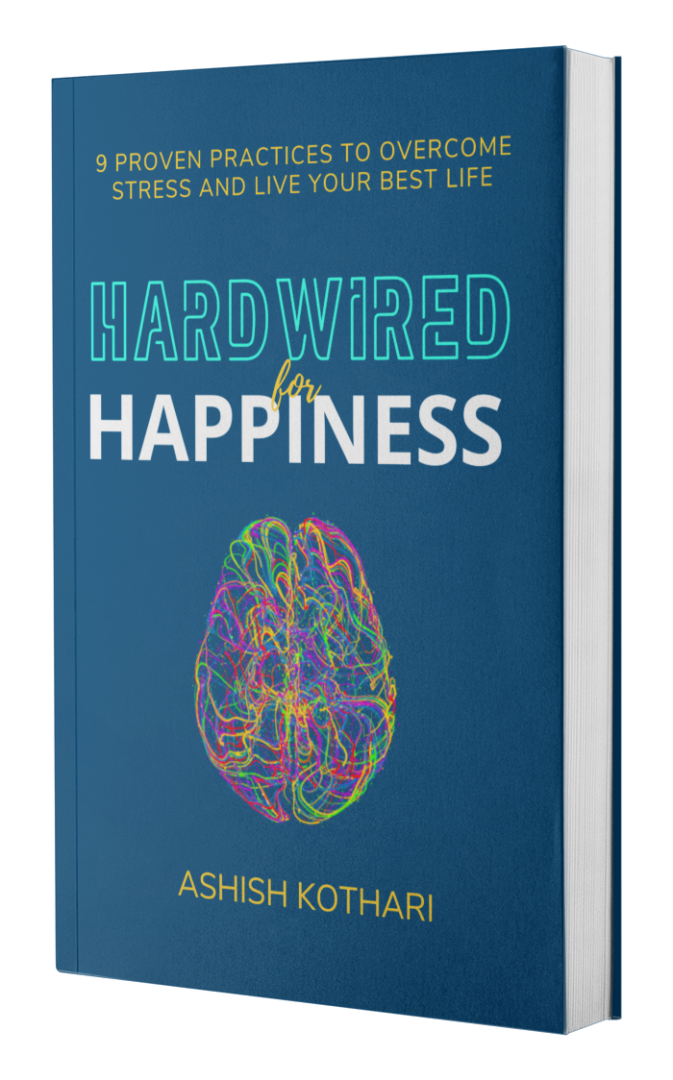How to Find Your Ikigai

Are you truly living a purposeful life?
American analytics company, Gallup, studied this question for over 20 years and found that only 30% of the people surveyed feel that they have a purpose at work. The rest think that work is purely a way to earn money and pay the bills. These people live for Friday and simply put up with the remaining work days.
Definitely not an ideal way to live.
As Nietzsche stated, “Those who have a why can survive any how.” Living purposefully is what gives us a reason to get up and to keep moving. Research has shown that living with purpose helps us perform better at work, live longer, and be more resilient.
So how can we find our purpose?
The answer lies in an ancient Japanese word from 700 AD, from the Heian period, called Ikigai. Ikigai is comprised of two words, Iki, and gai, which means “the meaning to live.” Ikigai gained popularity in 2009 because of a talk give by Dan Buettner. This researcher studied five “blue zones” in the world where people lived the longest and the happiest. What he found was that the people living in these zones lived with Ikigai.
So what is this magical word ikigai? And how do we live a life in alignment with it?
Ikigai is the sweet spot that lives at the intersection of what we love, what we’re good at, what the world needs, and what people will pay for.
If you can find something that fulfills all four of these components, that’s when work truly becomes play.
That’s when you look forward to Monday instead of Friday.
But it might be tricky to find your Ikigai immediately, it’s no small feat, especially when the constraints of our financial needs and busy lives come into play. So how can we take the first steps to reach our Ikigai?
To figure out how you can start incorporating Ikigai into your life, start by grabbing a pen and paper, really stepping back, and following these three steps:
- Write your answer to this question: What are some things that really bring you joy, that you just love doing?
- Then on the same piece of paper, make a list of what your unique strengths are. If you need some inspiration you can do a strengthsfinder exercise online, or you can ask loved ones.
- Now take these two answers and think about your day-to-day job. Does your job include the things you love? Does it include skills that you’re good at?
If you see that your job might be missing some of these, think about ways you can include more of what you love and more of what you’re good at in your work life. The first step could include chatting with your manager about tasks you could take on that better play to your strengths or that you enjoy doing.
For 20 years, I focused on only three elements of Ikigai (my strengths, what the world needs, and what I can get paid for), and I did fine. But once I found the fourth element (what I love to do) that’s when it totally changed my experience. Work gave me as much joy as life. And that’s my hope for you.
So take the time to do this exercise and start to uncover your own ikigai. I promise you, we all have one.
Sources:
Buettner D, Skemp S. Blue Zones: Lessons From the World’s Longest Lived. Am J Lifestyle Med. 2016;10(5):318-321. Published 2016 Jul 7.doi:10.1177/1559827616637066
https://www.gallup.com/workplace/321032/employee-engagement-meta-analysis-brief.aspx


